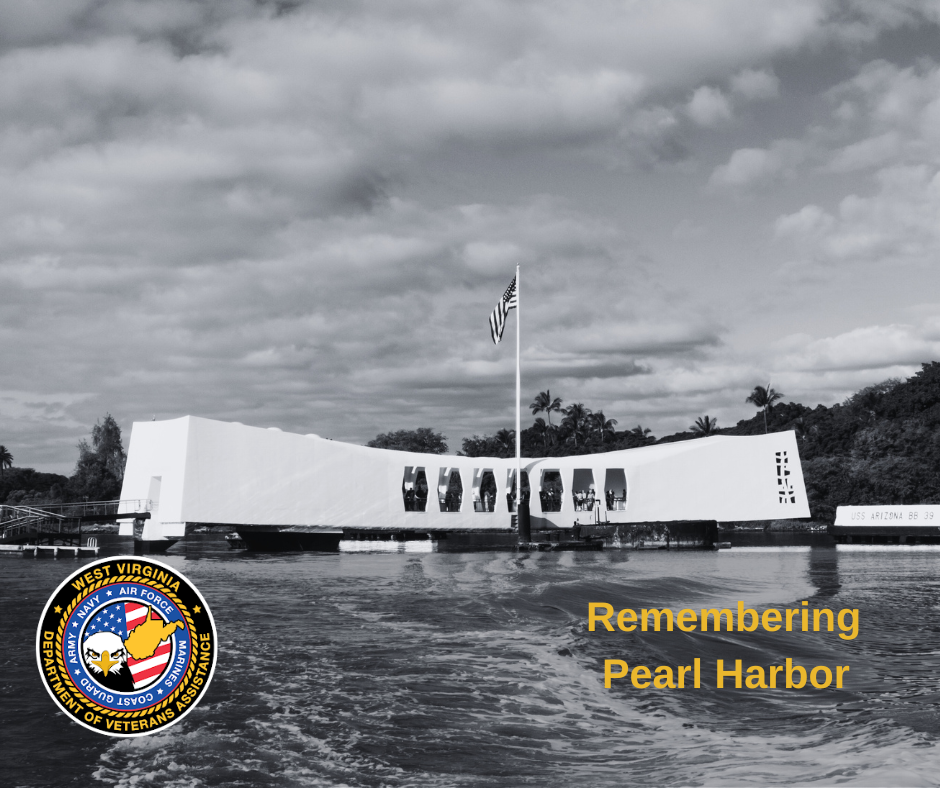

December 7 marks the 82nd anniversary of the 1941 surprise attack on the United States Naval Base at Pearl Harbor, a date that President Franklin D. Roosevelt exclaimed would forever “live in infamy.”
On that fateful Sunday, American armed forces stationed at Pearl Harbor, near Honolulu, Hawaii, were caught off-guard when Japanese aircraft attacked at 7:48 a.m. with bombs and torpedoes, targeting the ships at anchor and the infrastructure of the base. Many service members were off duty, attending religious services or spending time with their families. Japan did not declare war until two hours after the attack.
The Japanese sent in two waves of aircraft, forty-five minutes apart and sent several midget submarines to target the U.S. battleships stationed in “battleship row.” At the end of the attack, 20 naval vessels, including eight battleships, had been sunk or damaged, and more than 300 planes were damaged or destroyed.
The worst news was that more than 2,400 U.S. sailors, soldiers and civilians died in the attack, including several who were trapped in pockets of air in the sunken ships and died before rescuers could get to them.
This event would be the catalyst behind the United States’ decision to enter the war it attempted to avoid.
The news of what happened reached the Mountain State around 2 p.m. West Virginians learned that while the attack itself lasted less than two hours, that was enough time to rewrite the course of U.S. history forever. All forms of media announced news of the attack. It was not known at the time how many West Virginians had been injured or killed, but it was later determined that at least 27 West Virginians were killed during the attack on Pearl Harbor, only 16 of whom could be identified at the time.
USS West Virginia (BB-48) was hit by two bombs and seven torpedoes and sunk. Once it was evident that the ship was sure to sink, the ship’s crew flooded undamaged compartments so that she sank evenly to the harbor floor rather than capsizing. This allowed the eventual salvage and repair of the mighty ship. The rising of the USS West Virginia is symbolic of the veterans of our great state – while they have seen hard times and battles, they will overcome all things with pride and determination.
We should all take a moment to reflect on the day America was thrust into World War II. On that day, many American lives were lost. Those losses foreshadowed the many more who would face death and overcome adversity over the following years of war.
Few of our World War II veterans remain who remember the attack that began the war or the resulting battles that led to victory over tyranny in Europe and victory in the Pacific.

